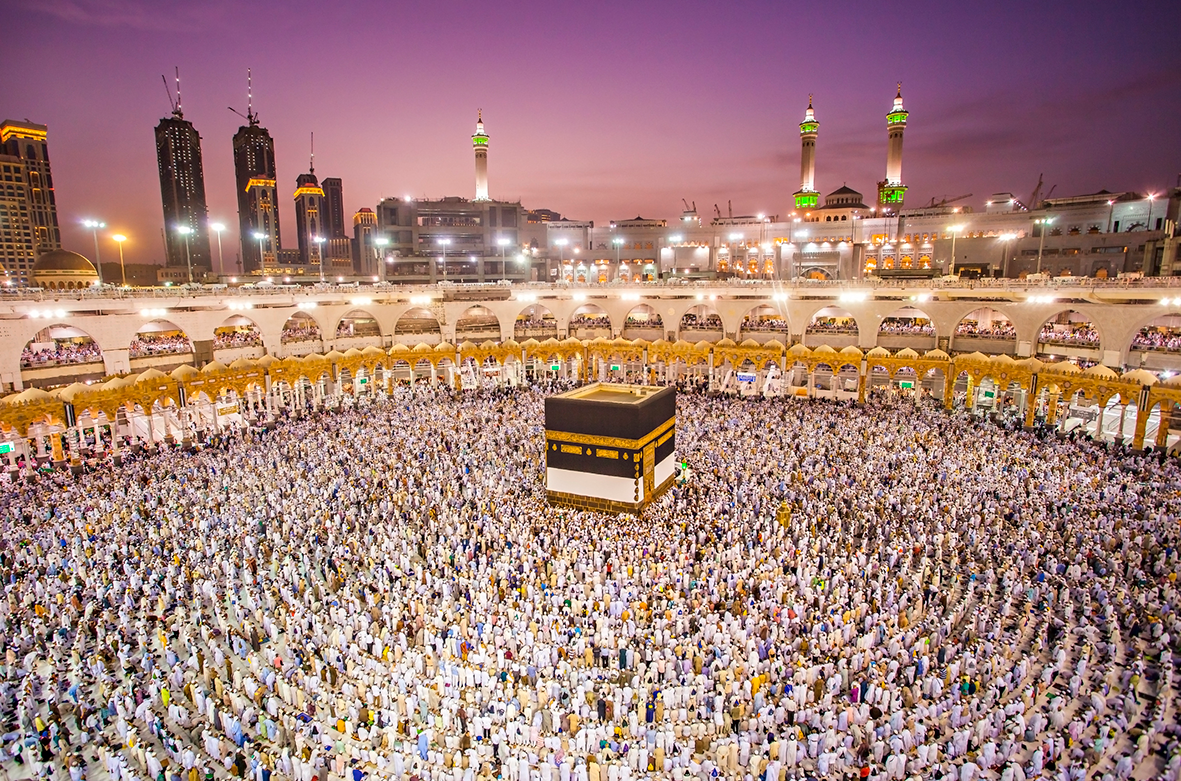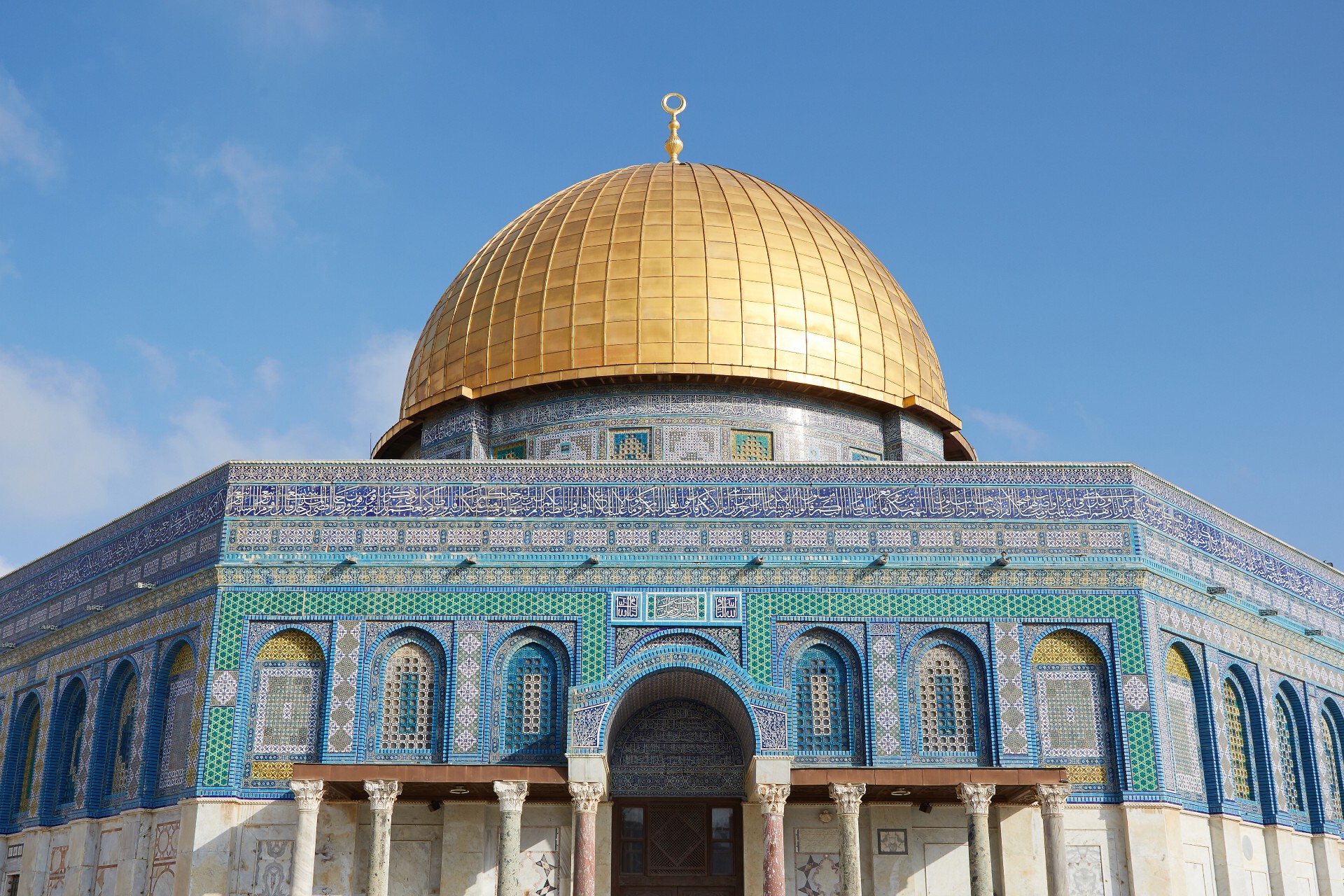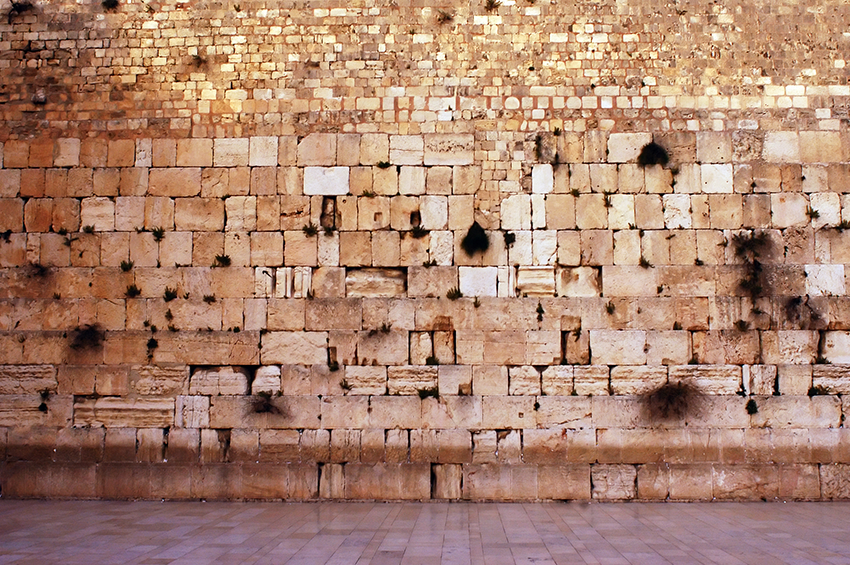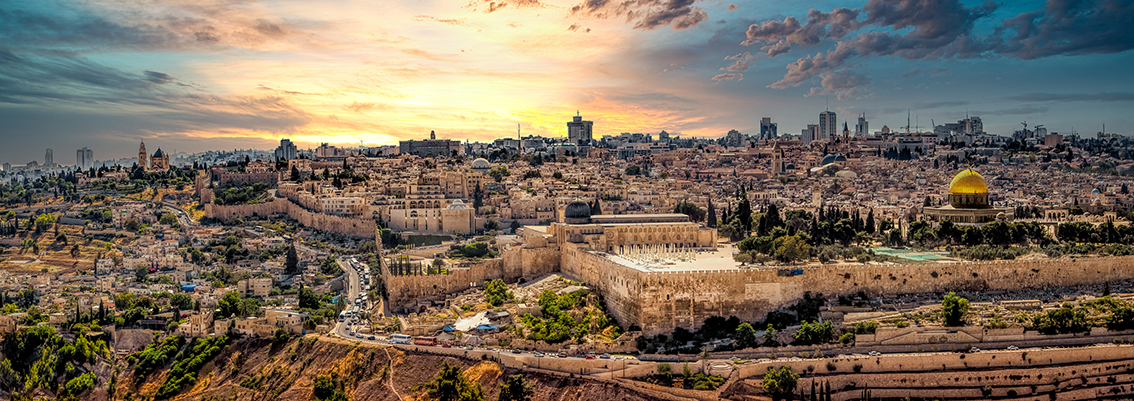Learning objective
- To understand the significance of attending a non-religious event as a Humanist.
Success criteria
- I can categorise and differentiate between statements related
This content is for subscribers only. Join for access today.
Religious Education Council Curriculum Framework for RE in England (non-statutory guidance):
- A1: Describe and make connections
This content is for subscribers only. Join for access today.
Cross-curricular links
Before the lesson
This content is for subscribers only. Join for access today.
Lesson plan
Recap and recall
Explain that the children will be thinking about whether place, people or practice is the most significant part of Hajj. Display the Presentation: Agree or disagree? and arrange the children in pairs. Read the statement out loud. Ask the pairs to discuss whether they agree with the statement and to explain their reasoning.
This content is for subscribers only. Join for access today.
Extended-mode explainer videos
How to extend your display to view the lesson page and preseantion mode simultaneously. Choose your operating system below to watch the video
If you need further support with extending your display,
please contact [email protected].
Extended-mode explainer video: For Mac
Extended-mode explainer video: For Windows
Adaptive teaching
Pupils needing extra support
Could use the Activity: Advertisements (support) to support the structure of their adverts.
Pupils working at greater depth
Could consider human needs like belonging, validation and identity when planning their advert; could think about other non-religious events and how they could apply some of the factors in their advert to advertise for this.
This content is for subscribers only. Join for access today.
Assessing progress and understanding
Pupils with secure understanding indicated by: identifying statements about religious
This content is for subscribers only. Join for access today.
Vocabulary definitions
-
convention
A large meeting or conference, often for people with a specific professional or interest focus.
-
ethics
The study of what is morally right and wrong or a set of beliefs about what is morally right and wrong.
This content is for subscribers only. Join for access today.
In this unit
Assessment - R&W Y6: Why is it better to be there in person?
Lesson 1: What can make a space significant? People, place or practice?
Lesson 2: Why might a Jewish person want to visit Jerusalem?
Lesson 3: Why is Jerusalem significant to some Muslim people?
Lesson 4: How can shared challenge bring people together?
Lesson 5: Are all journeys pilgrimages?
Lesson 6: Why is it better to be there in person?





